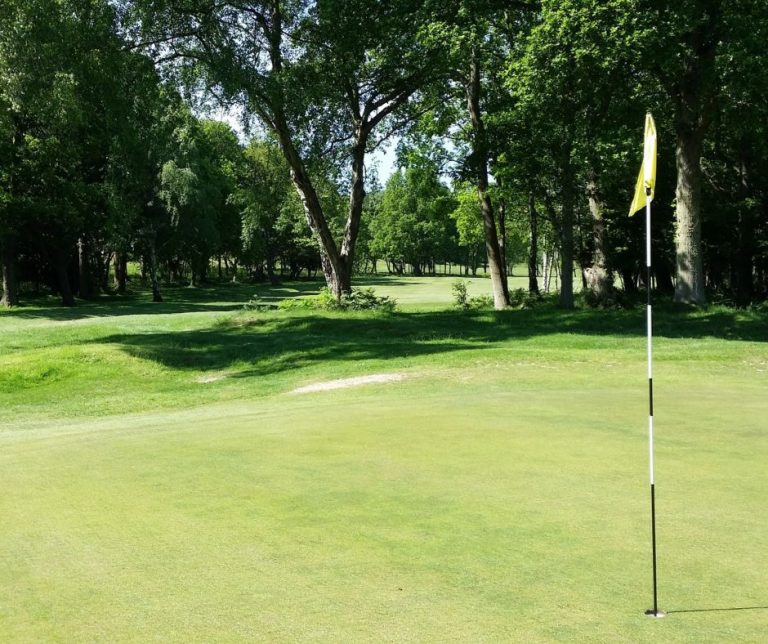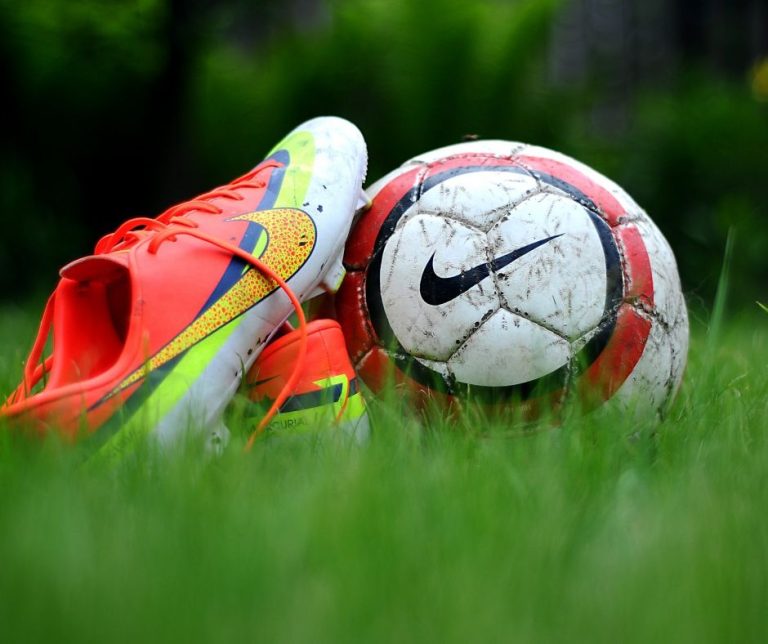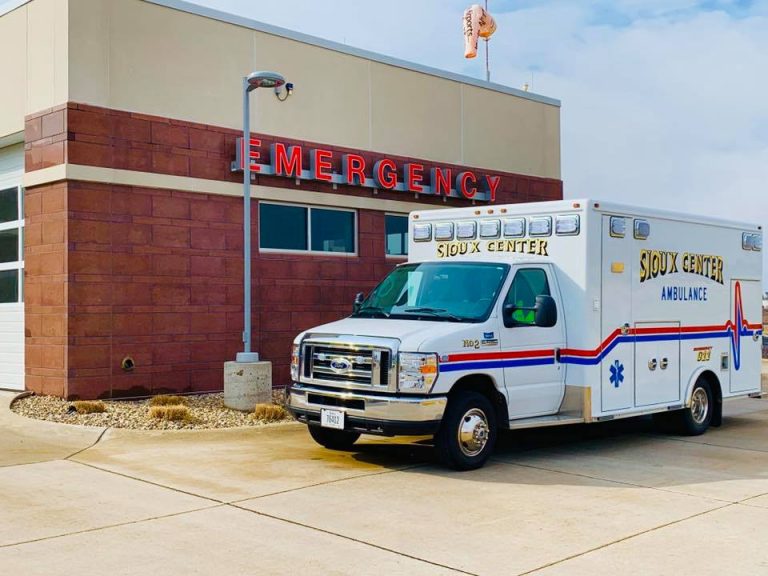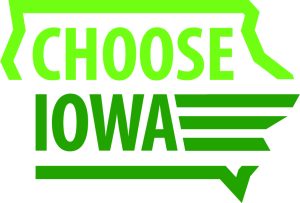Enjoy those easy-to-see large flocks of turkeys feeding in the fields while you can. In the next few weeks, the winter flocks will break up, and where you saw them last weekend is not where they’ll be when spring turkey season opens in April.
Bagging a wild turkey is a challenge for even the most experienced hunters. Of the 50,000 licenses sold each spring, about 20 percent are placed on a bird.
“Turkeys have home field advantage. We go where they live and use calls that try to mimic the sounds of a hen. We are trying to reverse nature and get the Tom to come to the hen, which he knows is wrong. If you can frustrate the Tom enough that he ignores his instincts and goes looking for this fake hen, then as a hunter you have a chance,” said Jim Coffey, forest wildlife research biologist for the Iowa Department of Natural Resoruces. “Plus, they have excellent eyesight and hearing so not only do we have to sound realistic, we have to blend in with the landscape and stay motionless. That’s what makes turkey hunting such an intimate activity. Sounds easy.”
While heading home for a bowl of unfilled tag soup is common, what brings hunters back year after year is the experience of when the bird does come in.
The quiet spring morning is broken by the sound of a Toms’ wing tips dragging through dried leaves as he slowly walks in. He’s right behind you. His display begins – spitting and drumming, chest out, head back – in full strut, then all this gives way to the hair raising gobble that thunders through the timber. At this range, any movement will be noticed. Gotta stay calm and wait for just the right opportunity.
The “dance” is what brings hunters back. And since predicting when the bird will come in is not possible, planning and preparing before the season arrives is an important step toward success.
Coffey recommends hunters pattern their gun using the same choke and shot they will use during the season to know the gun and shot limitations.
“Nothing is more frustrating than shooting and missing at a turkey. We owe the bird the respect of only taking the best shot we can,” he said.
He also advises to start practicing calling so when the season begins hunters will be in midseason form.
“Scouting is also important and can greatly improve the chance of bagging a turkey,” Coffey said. “Spend some time in the timber or field you plan to hunt, identify roosting trees or which fields the birds are using, and if you have not yet gotten permission, be sure to contact the landowner before entering their property.”
Iowa’s spring turkey season begins with a youth season April 5-7, followed by four specific seasons. Season 1 is April 8-11, Season 2 is April 12-16, Season 3 is April 17-23 and Season 4 is April 24 to May 12. An archery only season is April 8-May 12.
“Hunters will notice the youth season dates were changed back to the traditional three day season, but any unfilled youth season tags will be valid until filled for the remaining spring seasons. The key is for the youth tags to be purchased before the youth season closes because once the season is over, that option is no longer available,” Coffey said.
In addition to the youth license change, the shot size regulation changed from last year. Shot sizes for lead and nontoxic are now inclusive for all sizes from #4-#8. This replaces the individual listing of legal shot sizes.
Reminder: Reporting Harvest is Mandatory
Successful hunters are required to report their harvest by midnight of the day after it is tagged. Be prepared to answer a few simple questions about your harvest, (county of harvest and spur length.) The easiest way to report is to log on to www.iowadnr.gov. Other ways to report are by calling the phone number listed on the tag or by going through a license vendor. Be sure to write the harvest registration number on the harvest report tag. This allows the Iowa DNR to monitor annual harvest across the state.
Hunting Atlas Available Online
Hunters have a new tool that may improve their in the field experience even before opening day.
The Iowa hunting atlas is an interactive map that shows all available public hunting land that is managed by the state, county or federal governments. The atlas is online at www.iowadnr.gov/hunting. A mobile version is also available.
A click on an area will show basic information like size, habitat type and likely species available.










